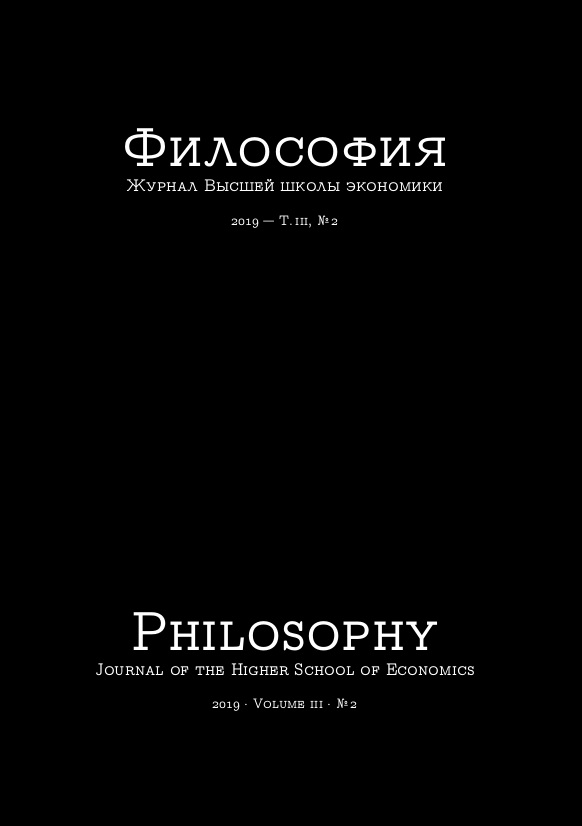The Police Captain at the Bedside
Marriage Through Court Among the Little Russian Officials of the Late 18th Century
Abstract
In the Russian province of the end of the 18th century, the noble community imposed on the individual norms of behaviour and tolerances through the family. The relationship between community rights and family rights, individual freedom and family discipline was particularly acute in the matters of marriage of daughters. On the one hand, a father has the right to refuse to bless, suggesting that he is looking for a more suitable groom for his daughter. On the other hand, the community recognised the daughter's right to express her own preferences, not undermining a father's authority. A public conflict was fraught if family disciplinary practices were clearly in conflict with marriage strategies, transforming from socially approved to deviating ones. As a rule, the reasons for such deviating behaviour were weak or not uttered by the parties at all. In order to make family conflict public, it was necessary to present the accepted deviating behaviour of the other party as unaccepted (a refusal to bless as evading the marriage of a daughter and, conversely, striving for marriage as a violation of the father's sacred will). In such cases community mediation was expressed in the form of both coercive (police intervention, trial) and voluntary (“commission” of high-ranking patrons). During the trials, the father tried to restore his parental authority (in case of failure, depriving the daughter of the maternal inheritance), and the daughter — tried to obtain judicial permission for marriage (in case of success — a share of the maternal / paternal inheritance). The way out of the family conflict situation was
the mutual abandonment of lawsuits, approved by the patrons, and the provision of a part of the maternal inheritance to the daughter. However, this did not always entail the father's blessing of the daughter and son-in-law, their recognition as his children and the restoration of family unity.






